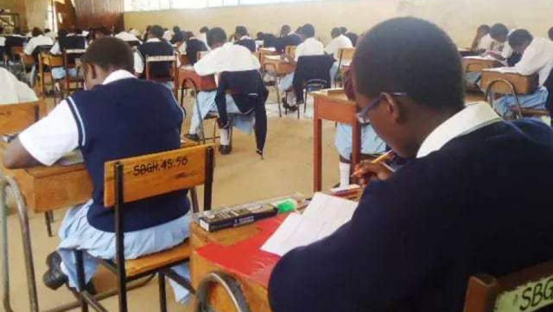×
The Standard e-Paper
Fearless, Trusted News

Examining results for unusual performance patterns and use of computer programs are among methods the examinations agency uses to detect cheating.
With thousands of candidates due to sit the Kenya Certificate of Primary Education (KCPE) and Kenya Certificate of Secondary Education (KCPE) examinations this month, a review of court submissions by the Kenya National Examinations Council (Knec) in cheating cases reveals strategies used to spot irregularities.